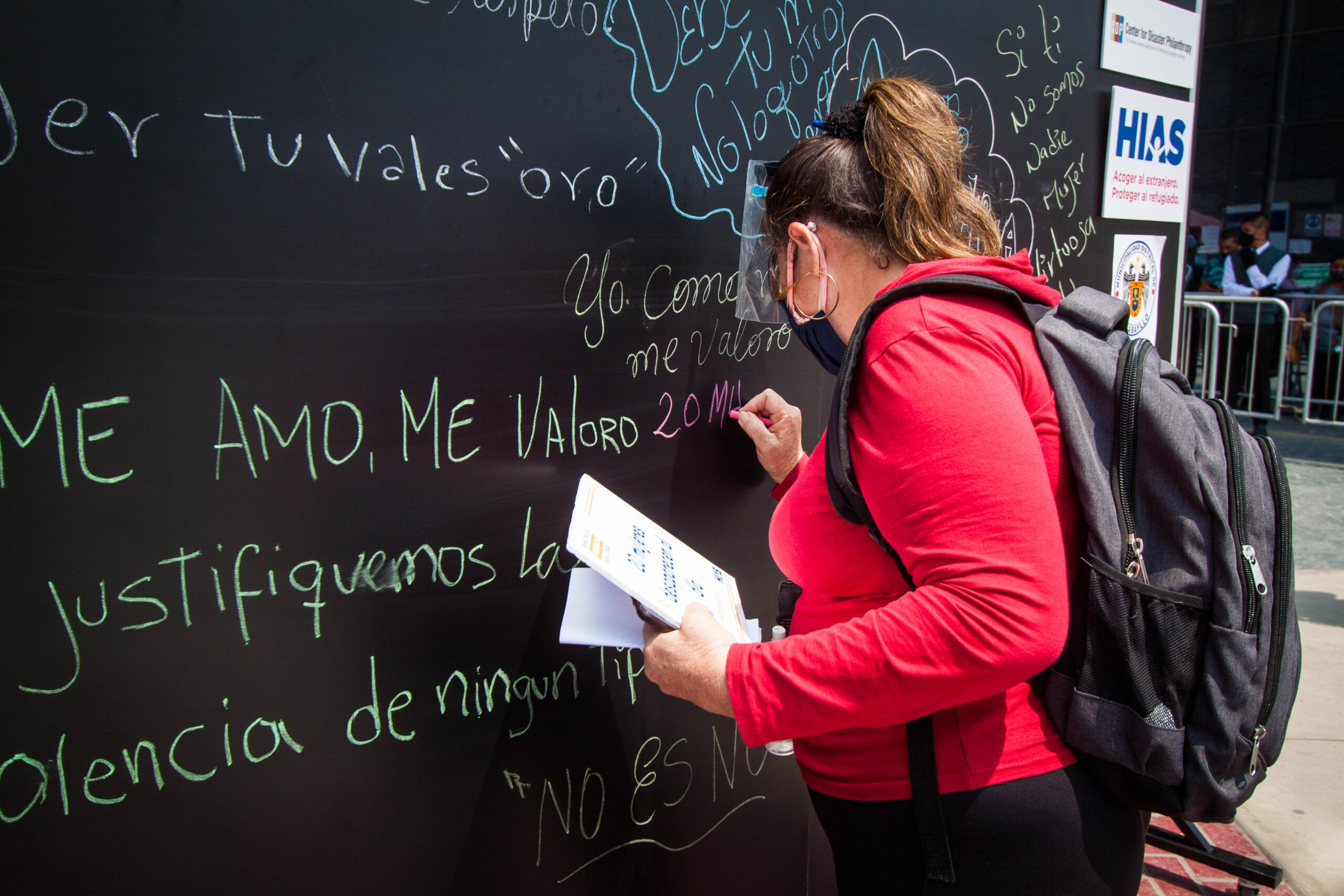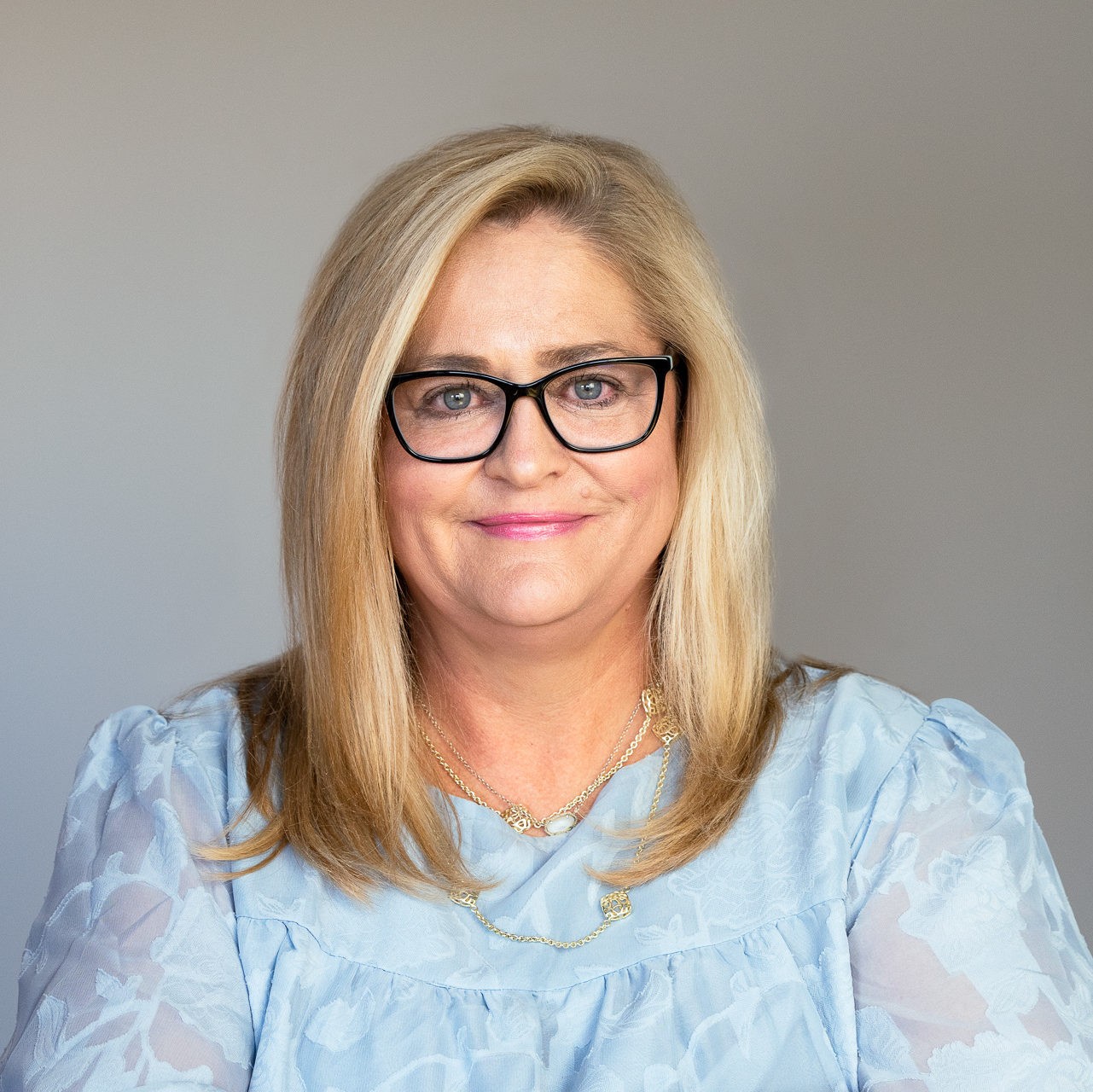Stepping up for mental and psychosocial health
We have always known that the trauma of systemic social ills compounded by the horrifying effects of a disaster can cause significant mental health issues for those disproportionately affected by disasters. With the COVID-19 pandemic, this has been laid bare. We’ve witnessed massive increases in calls to crisis lines and sharp increases in violence as […]

We have always known that the trauma of systemic social ills compounded by the horrifying effects of a disaster can cause significant mental health issues for those disproportionately affected by disasters. With the COVID-19 pandemic, this has been laid bare. We’ve witnessed massive increases in calls to crisis lines and sharp increases in violence as we experience social isolation, economic insecurity and looming death tolls from a virus that spread across the world.
As we near the end of Mental Health Awareness Month, I share some reflections on how, over the years, we at the Center for Disaster Philanthropy (CDP) have put our money where our mouth is when it comes to supporting recovery from disasters’ mental health and psychosocial effects.
Grantmaking is iterative
At CDP, our grantmaking is an iterative process. Before we make grants, we assess, learn, observe and educate ourselves about the event and its effects. Before the pandemic, we would often travel to the disaster site, meet with local organizations, community leaders and those affected by the disaster to learn about the greatest needs for recovery and how we might fill funding gaps not being served by other funding sources.
Though we now must meet virtually with these same people, the process is still the same. The traumatic effects of COVID-19 are not much different than what we’ve seen so many times before – just on a grander scale. This pandemic is national, regional, GLOBAL!
Supporting mental and psychosocial health
The CDP Midwest Early Recovery Fund provided a grant to support emotional and spiritual recovery and resilience in rural communities devastated by wildfires in Oklahoma in 2017. Farmers and ranchers lost their land, their livelihood and their legacy. An increase in death by suicide was the result of that loss. Through funding for Project Resilient Spirit, CDP helped the rural communities of Oklahoma have a sense of hope as they recovered from this devastation.
We provided Doctors Without Borders (MSF) with a grant from CDP’s Global Recovery Fund to support a comprehensive health program in Venezuela in response to the ongoing complex humanitarian crisis. The program includes providing mental health outreach and services to victims of violence in urban slums.
Through the Hurricane Harvey Recovery Fund, which I led, we granted funds to several organizations offering support to those suffering most from anxiety, depression, hoarding tendencies and the other signs of trauma that manifest themselves following a disaster in already marginalized communities. One example was a grant made to support the expansion of the Mobile Unit Program at Texas Children’s Hospital.
Texas Children’s created two mobile units that provide trauma-informed assessments and care to youth in some of Houston’s most underserved communities. These units went to neighborhoods and schools to provide care for children and families most at risk for PTSD, grief, bereavement, depression and other stressors related to the effects of Hurricane Harvey and other events.
The CDP COVID-19 Response Fund has allowed us to fund significantly in mental health and psychosocial support. We provided National Alliance on Mental Illness (NAMI) funding to expand tools to support increased mental health needs of those affected by the pandemic, build the capacity of its HelpLine and fortify local NAMI affiliates. IsraAID received a grant to focus on mental health and psychosocial stressors, self-care, and burnout preventions for frontline workers. Kids Help Phone Canada expanded its crisis text line and mobilized its trained volunteer base to support children. RAICES Texas addressed the mental and behavioral health needs of refugee families resettled in the San Antonio area. And HIAS mitigated COVID-19 risks to women, girls, LGBTQ and other marginalized groups to ensure they have access to gender-based violence (GBV) response services in Costa Rica and Peru.
These are just some of the dozens of our grantees addressing some aspect of mental and behavioral health with the projects we funded.
Mental health is critical to post-disaster recovery
We must support efforts that tackle the mental health impacts of disasters on marginalized communities. Otherwise, we are not addressing the complete recovery process, leaving our communities less able to face what might be next.
Though it is not always easy to manage this critical part of recovery, some incredible organizations focus on supporting our mental health after a disaster. We’d be happy to connect you to some of them.
For more on this topic, you can access our Issue Insight on mental health. And even more detailed information is available in the Mental Health, Grief and Bereavement strategy in the CDP Disaster Philanthropy Playbook.
As funders, let’s continue to support efforts to destigmatize seeking help for our overall well-being. The body, mind and spirit must work together for any recovery to be full and complete. Stay safe and be well!
More like this

